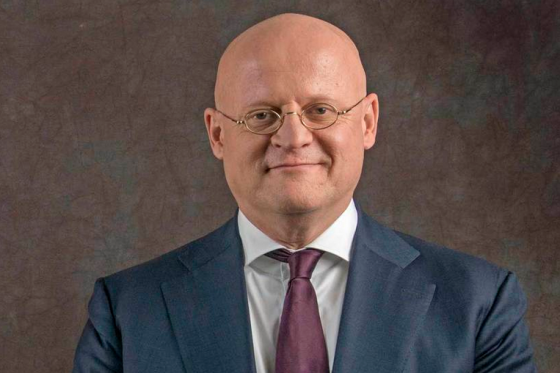Report into Poch extradition raises questions about government and royal involvement


Justice minister Ferd Grapperhaus has said a report published on Monday into the extradition of Argentinean pilot Julio Poch exonerates the Dutch government from political involvement in the case despite indications to the contrary, current affairs show Nieuwsuur has said.
The Machielse commission, set up to investigate the case, concluded that the actions of the government had been ‘in accordance with the law in all phases’ and that the then justice minister Ernst Hirsch Ballin ‘did not personally order the investigation and did not intervene in the police enquiry’, the commission wrote.
Poch, who has Dutch nationality, was suspected by Argentinean authorities of carrying out death flights during the dictatorship. He was arrested in September 2009 while about to make his final flight for Transavia, where he had worked since 2003. There is no extradition treaty between the Netherlands and Argentina and the Dutch authorities had tipped off both Spain and Argentina as to his whereabouts prior to his arrest.
In 2017, after eight years in prison, Poch was found not guilty for lack of evidence. He is now holding the Dutch state responsible for damages and has launched legal action.
Nieuwsuur journalist Bas de Haan who has been following the case for years said the minister was ‘playing with words’ because although the report exonerates the then justice minister Hirsch Ballin from formal accusations, there is ample evidence, including in the report itself, of political intervention by the Dutch government.
In March this year Nieuwsuur revealed the existence of a document which showed ministers were placed under intense pressure by Argentina to deport Poch. The document went into great detail about meetings between the justice and foreign affairs ministries with the Argentine ambassador three weeks before Julio Poch was arrested in Spain.
And Nieuwsuur points out, that the recent report describes in some detail how both the Dutch foreign office and the ministry of justice had been involved in the extradition and that Hirsch Ballin ‘directed the steps that needed to be taken and any communications about those steps’. However, successive cabinets always denied that aiding the extradition process could be regarded as a political decision.
De Haan said this highlights a persistent lack of information from the cabinet and parliament about what happened in the Poch case. ‘The documents requested by parliament have still not been handed over. Which documents are yet to surface is not clear but Grapperhaus is under the obligation to present them all,’ De Haan said.
Royal intervention?
The report also states that in 2007 an unidentified woman who said she was a member of queen’s secretariat phoned the public prosecutor to ask him if the case was really necessary, the case ‘because it was so awful for Máxima’.
Máxima is Argentine by birth and her father was a member of the military junta.
However, the public prosecutor failed to ask for the woman’s name and the commission could not ascertain if she was indeed a member of the queen’s office. All members of the secretariat as well as current queen Máxima, king Willem-Alexander and former queen Beatrix have denied any involvement, state information service RVD said.
D66 and SP MPs have said they want a debate about the report and the phone call.
Thank you for donating to DutchNews.nl.
We could not provide the Dutch News service, and keep it free of charge, without the generous support of our readers. Your donations allow us to report on issues you tell us matter, and provide you with a summary of the most important Dutch news each day.
Make a donation